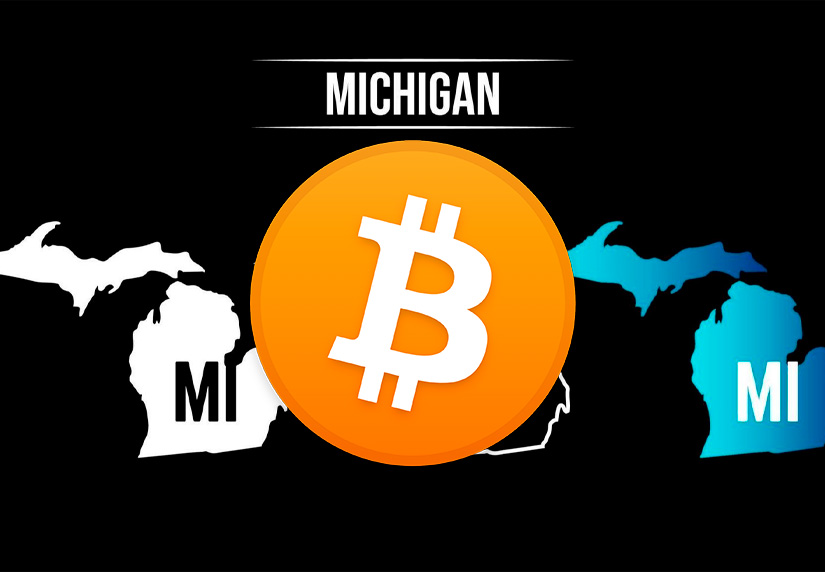TL;DR
- Michigan proposes House Bill 4087 to create a state-backed cryptocurrency reserve, allowing up to 10% investment in digital assets.
- Key provisions include lending cryptocurrencies and securing them through custody solutions or exchange-traded products to ensure profitability and security.
- If passed, the bill could position Michigan as a leader in digital asset adoption, though challenges like volatility and regulatory uncertainties remain.
Michigan has become the latest state to propose a state-backed cryptocurrency reserve, joining a growing list of U.S. states exploring digital asset investments. House Bill 4087, introduced by Representatives Bryan Posthumus and Ron Robinson, aims to amend the state’s Management and Budget Act to allow the state treasurer to allocate up to 10% of Michigan’s general and economic stabilization funds into cryptocurrencies.
Key Provisions of the Bill
The proposed bill includes several key provisions designed to ensure the security and profitability of the state’s crypto investments. One notable aspect is the allowance for the state treasurer to lend out cryptocurrencies, provided it does not increase financial risk. This strategy aims to generate additional revenue for the state while maintaining a secure investment environment.
The bill also mandates that any cryptocurrencies held by the state must be secured through a “secure custody solution” or an exchange-traded product issued by a registered investment firm. This requirement is intended to safeguard the state’s digital assets and ensure compliance with regulatory standards.
Potential Impact on Michigan’s Economy

If passed, House Bill 4087 could position Michigan as a leader in the adoption of digital assets at the state level. The bill’s proponents argue that investing in cryptocurrencies could provide significant financial benefits and enhance the state’s economic stability.
Representative Posthumus emphasized the importance of Michigan taking a proactive approach to crypto policy, stating that the state should follow Texas in advancing crypto-friendly legislation. The introduction of this bill comes at a time when several other U.S. states are considering similar measures.
Currently, around 20 states, including Texas, Utah, and Ohio, have proposed or enacted legislation to establish state-backed crypto reserves. Analysts predict that if these bills are approved, they could drive substantial investment into the crypto market, potentially leading to a $23 billion influx.
Future Prospects and Challenges
While the proposed bill has garnered support from some lawmakers and crypto enthusiasts, it also faces potential challenges. Critics argue that the volatility and regulatory uncertainties associated with cryptocurrencies could pose risks to the state’s financial stability. Additionally, the bill’s success will depend on its ability to navigate the legislative process and gain approval from both the House and Senate.


